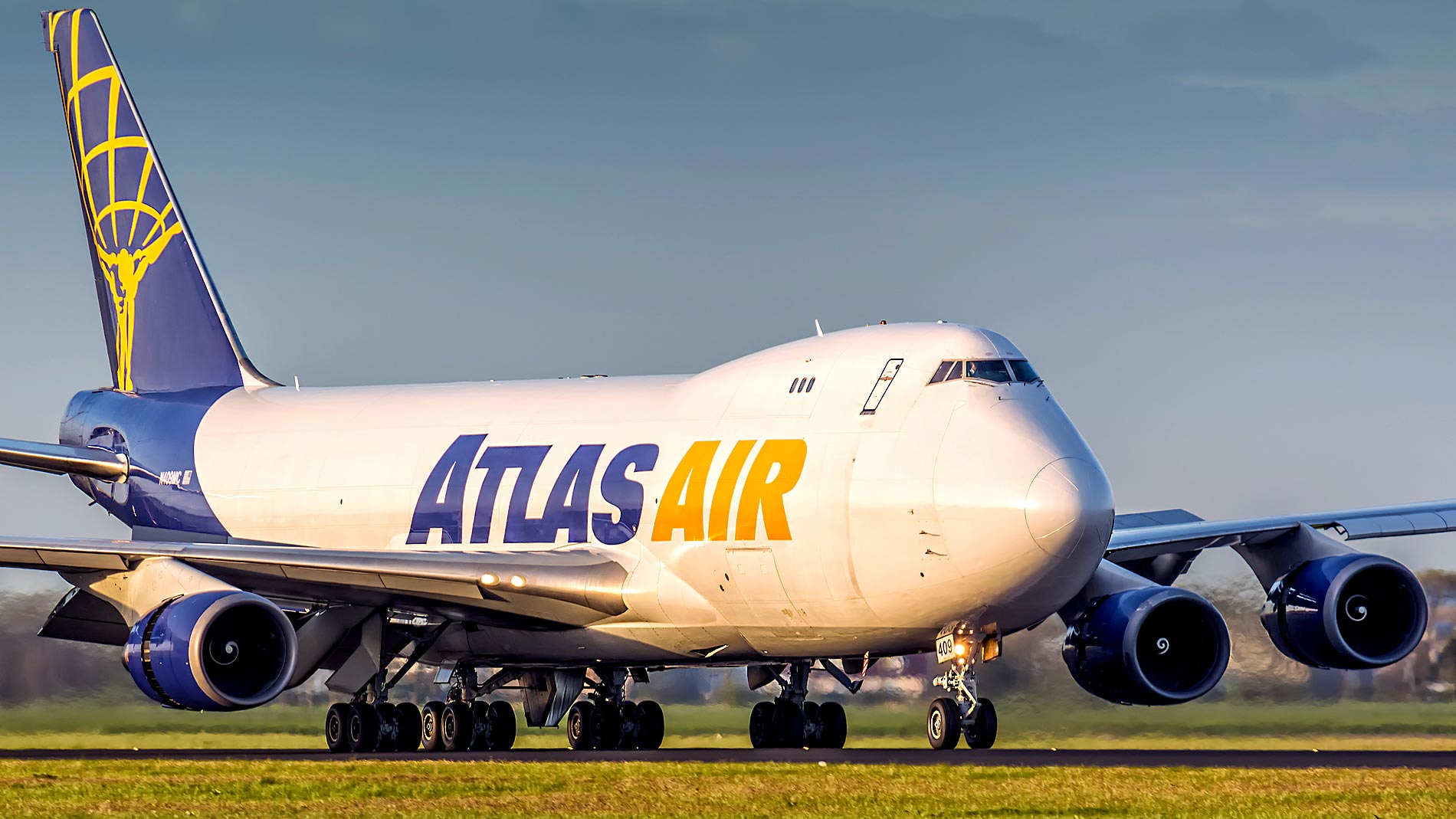
Atlas Air reports strong quarter as income crossed $1 bn for first time
While cargo block hour was up only marginally to 84,512 for Q32021, revenue per block hour increased 26 percent to $10,383.

New York-based Atlas Air reported a 26 percent increase in nine-months revenue to $2.9 billion from $2.3 billion in the corresponding period last year on higher yields and increased aircraft utilisation.
For the 3-months ended September 30, Atlas Air reported revenue of over $1 billion, an increase of 26 percent.
“We flew over 90,000 block hours and generated quarterly revenue that exceeded $1.0 billion for the first time in our company’s history,” said president and chief executive officer John W Dietrich. “Our strategic focus on express, e-commerce and fast-growing global markets is driving robust demand for our services and producing strong financial performance. In a very challenging pandemic operating environment, our team pulled together to increase utilization of our aircraft, and safely serve our customers and the global supply chain.”
Dietrich said Atlas recently announced long-term contract extensions for 20 aircraft with DHL Express as well as a new long-term ACMI agreement with FedEx. “We have also extended or entered into other new long-term agreements with additional strategic customers. Collectively, these agreements demonstrate our ability to capitalize on market opportunities and deepen long-standing relationships with our customers.”
While cargo block hour was up only marginally to 84,512 for Q32021, revenue per block hour increased 26 percent to $10,383.
Atlas is expecting a record revenue of nearly $1.1 billion in Q42021 and block hours of 90,000.
The management, while speaking about the 2021 commentary, said the airfreight environment continues to be very strong, and expect industry conditions and demand to remain favourable for the foreseeable future.
The other highlights:
Anticipate capacity on long haul trade lanes to remain tight
Supply chain bottlenecks are driving more airfreight demand
Monitoring developments related to Covid and expect continued expenses

